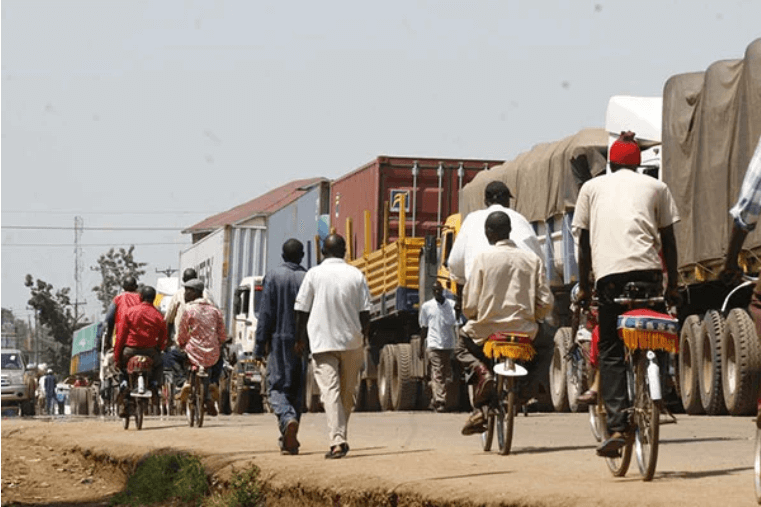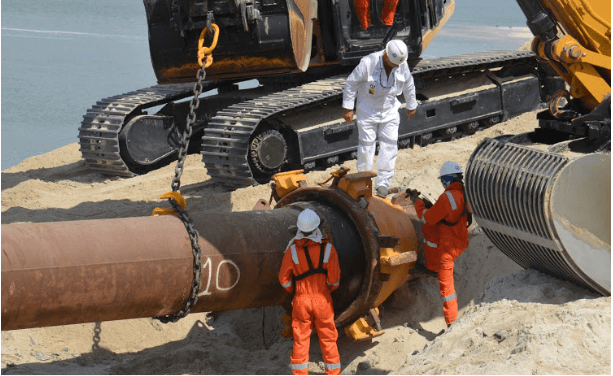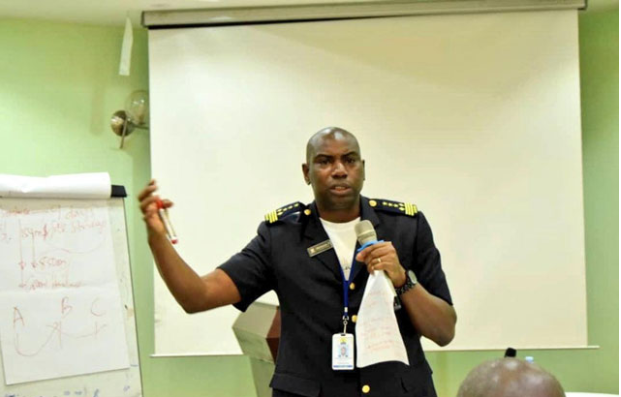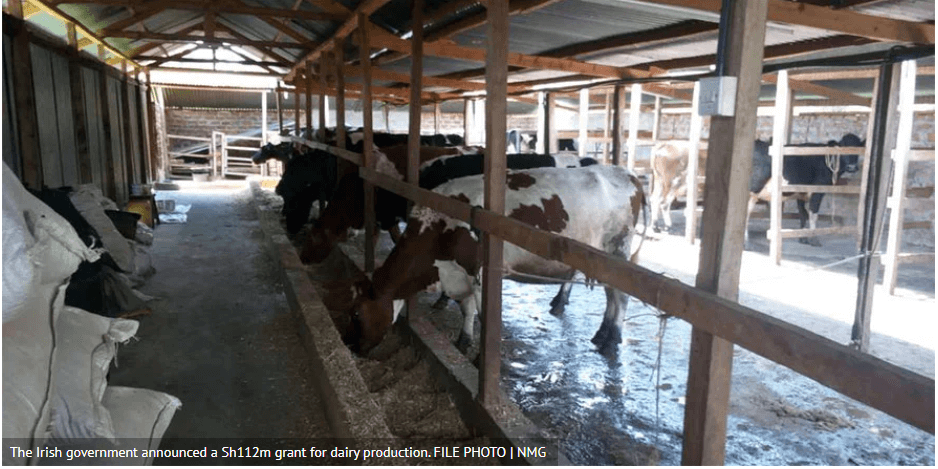The African Development Bank (AfDB) has signed an unfunded $250-million (Shs920bn) Risk Participation Agreement (RPA) facility with ABSA – a pan-Africa financial institution with a solid presence in 12 African countries. The 3-year RPA facility was signed November 12, on the sidelines of the Africa Investment Form through its trade finance operations. Under this 3-year RPA facility, the Bank and ABSA will share default risk on a portfolio of eligible trade transactions originated by African Issuing Banks (IBs) and confirmed by ABSA. Leveraging the Bank’s AAA rating, ABSA will underwrite trade transactions issued by African issuing banks across key sectors like agriculture, energy, and light-manufacturing with a special focus on Small and Medium Sized Enterprises (SME’s) in fragile and low-income African countries. The Bank’s commitment under the RPA is to assume up to 50% (and 75% in special cases) of every underlying transaction issued by the IBs, while ABSA will confirm such a transaction and bear not less than 50% of its underlying risk. Working with strategic partners like ABSA, the Bank’s trade finance operations aim to facilitate inter and intra Africa trade by reducing the trade financing gap on the continent. Since 2013, the Bank’s RPA program has supported over 16 issuing banks with about US$650 million limits in Southern Africa alone, with special focus on SMEs and local corporates in manufacturing, agribusiness, import/export and energy sectors. In the same period, the program supported over $4billion in trade volumes across Africa, with $938 million of that being intra-Africa trade....
AfDB Signs Shs920bn Deal With ABSA To Address Africa’s Trade Financing Gap
Posted on: November 20, 2019
Posted on: November 20, 2019





















